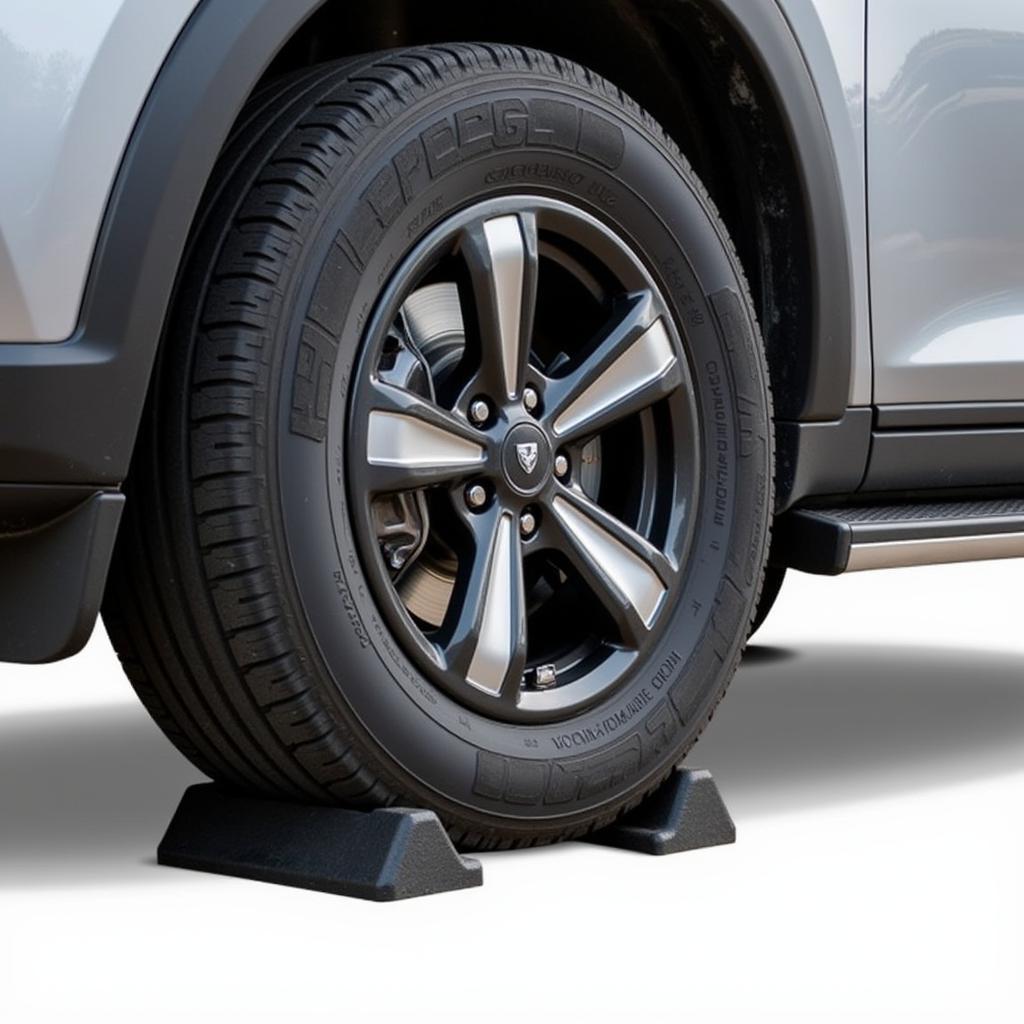Driving a car with transmission problems can be risky and potentially dangerous. Ignoring these issues can lead to further damage, costly repairs, and even leave you stranded on the road. This article will delve into the complexities of transmission problems, helping you understand the risks and make informed decisions about your vehicle. We’ll explore common symptoms, potential consequences, and offer guidance on what to do if you suspect transmission trouble.
Understanding the Risks of Driving with a Faulty Transmission
Driving with transmission problems is not only inconvenient but can also jeopardize your safety and the safety of others. A malfunctioning transmission can cause unexpected shifting, loss of power, or complete failure, increasing the risk of accidents. Moreover, continuing to drive with a damaged transmission can exacerbate the issue, leading to more extensive and expensive repairs down the line. Think of it like ignoring a persistent cough – it might seem minor at first, but ignoring it could lead to something much worse.
What Happens if You Drive with Transmission Problems?
Continuing to drive with transmission problems can lead to a cascade of issues. These can range from slipping gears and rough shifting to complete transmission failure. In some cases, the car might not move at all. Imagine being stuck on a busy highway during rush hour – a nightmare scenario that can be avoided by addressing transmission problems early on. For more insight into common car issues, check out our article on top common car problems.
Common Signs of Transmission Problems
Identifying transmission problems early is crucial. Be aware of these common symptoms:
- Slipping Gears: The car might shift out of gear unexpectedly or feel like it’s in neutral while driving.
- Rough Shifting: Difficulty changing gears or experiencing jerky shifts.
- Delayed Engagement: A noticeable delay between shifting into gear and the car responding.
- Burning Smell: A distinct burning odor emanating from the transmission fluid.
- Fluid Leaks: Reddish fluid leaking from beneath the car.
- Unusual Noises: Grinding, whining, or humming sounds coming from the transmission area.
- Check Engine Light: This warning light can indicate various issues, including transmission problems.
Can a Car with Transmission Problems Still Drive?
While a car with minor transmission issues might still be drivable, it’s not recommended. Continuing to drive can worsen the damage, potentially leading to a more dangerous situation and significantly higher repair costs. Even seemingly minor issues, such as intermittent starter problems, can be indicative of larger problems. For more information on starter problems, see our article on intermittent car starter problems.
What to Do if You Suspect Transmission Problems
If you notice any signs of transmission trouble, take immediate action.
- Stop Driving: Pull over to a safe location and avoid driving further.
- Check the Transmission Fluid: If you’re comfortable doing so, check the transmission fluid level and condition. Low or burnt fluid can be a sign of a problem.
- Call a Tow Truck: Have your car towed to a qualified mechanic for diagnosis and repair. Don’t attempt to drive the car, even a short distance.
“A stitch in time saves nine,” says John Smith, a certified automotive technician with over 20 years of experience. “Addressing transmission problems early can prevent costly repairs and ensure your safety on the road.”
Conclusion
Is It Safe To Drive A Car With Transmission Problems? The answer is a resounding no. Ignoring transmission problems is a gamble you shouldn’t take. While it might be tempting to postpone repairs, doing so can lead to more extensive damage, higher costs, and potentially dangerous driving conditions. Prioritize your safety and the longevity of your vehicle by addressing transmission problems promptly. For any car problems, including those related to specific makes like Smart cars, see our article on smart car problems engine. For inquiries, feel free to connect with us at AutoTipPro, located at 500 N St Mary’s St, San Antonio, TX 78205, United States, or call us at +1 (641) 206-8880.
“Regular maintenance is key to preventing transmission problems,” adds Maria Garcia, a seasoned automotive engineer. “Following the manufacturer’s recommended maintenance schedule can significantly extend the life of your transmission and prevent unexpected issues.” You can also learn more about maintaining other vehicle types by checking our article on club car charging problems. Additionally, if you own a Club Car Precedent, understanding potential steering issues is vital. Our article on club car precedent steering problems provides valuable insights.







Leave a Reply